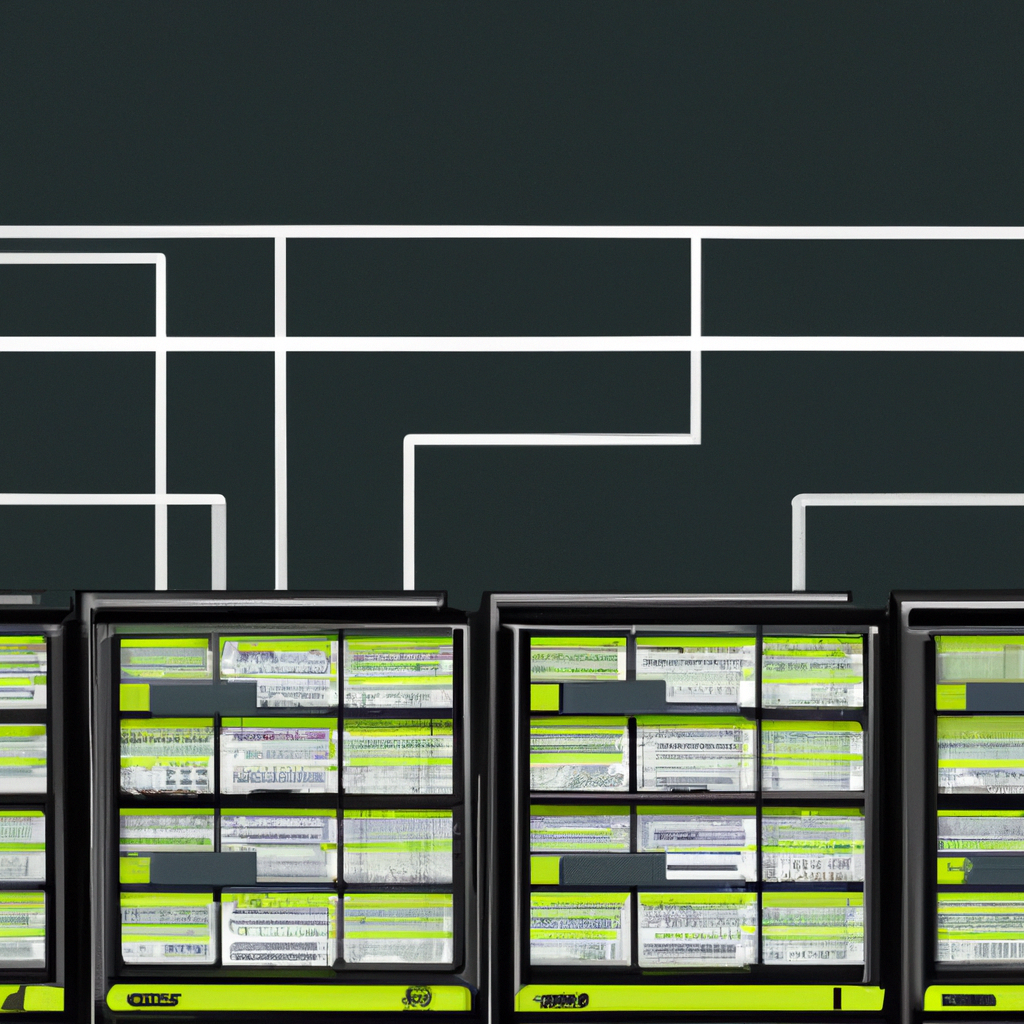Datacenter Proxies for SEO Monitoring and Analytics
In the fast-paced digital landscape, businesses are increasingly leveraging data to inform their strategies and optimize their online presence. One critical aspect of this data-driven approach is Search Engine Optimization (SEO) monitoring and analytics. As companies seek to enhance their search engine rankings and improve visibility, the use of datacenter proxies has emerged as a powerful tool for gathering essential insights. This article explores the role of datacenter proxies in SEO monitoring and analytics, highlighting their advantages, use cases, and best practices.
What Are Datacenter Proxies?
Datacenter proxies are intermediary servers that originate from a data center, rather than an Internet Service Provider (ISP). These proxies provide users with IP addresses that can be utilized to route internet traffic anonymously. Unlike residential proxies, which are associated with real residential IP addresses, datacenter proxies are generated in bulk and are typically faster and more cost-effective.
Why Use Datacenter Proxies for SEO Monitoring?
1. Anonymity and Security
Datacenter proxies offer a layer of anonymity that is essential for SEO monitoring tasks. By masking the user’s real IP address, businesses can conduct web scraping, competitive analysis, and keyword tracking without the risk of being blocked by websites. This is especially important when gathering data from search engines or competitors who may restrict access based on the frequency or nature of the requests.
2. Speed and Performance
Datacenter proxies are known for their high speed and low latency. This is crucial when performing large-scale data collection, such as scraping SERPs (Search Engine Results Pages) or analyzing website performance metrics. Faster proxies ensure that users can gather the data they need without unnecessary delays, allowing for real-time analysis and quicker decision-making.
3. Cost-Effectiveness
Compared to residential proxies, datacenter proxies are generally more affordable. For businesses that require a significant number of IP addresses for comprehensive SEO monitoring, the cost savings can be substantial. This affordability allows even small businesses to access powerful SEO tools without breaking the bank.
4. Access to Geo-Targeted Data
Datacenter proxies can be configured to appear as if they are located in different geographic regions. This feature is vital for businesses looking to analyze local SEO performance or target specific markets. By using datacenter proxies from various locations, companies can simulate searches from different regions and gather valuable insights about local competition and keyword rankings.
Use Cases of Datacenter Proxies in SEO
1. Web Scraping
Datacenter proxies are extensively used for web scraping, which involves extracting data from websites. In the context of SEO, this could mean scraping competitor websites for keyword data, backlinks, or content strategies. With the anonymity provided by proxies, businesses can scrape data without the risk of being blacklisted.
2. SERP Tracking
Monitoring search engine rankings is a critical aspect of SEO. Datacenter proxies allow businesses to track their website’s SERP positions regularly without revealing their identity. This ensures that the data collected is accurate and not influenced by personalized search results based on the user’s location or search history.
3. Competitor Analysis
Understanding what competitors are doing is vital for any SEO strategy. Datacenter proxies enable businesses to analyze competitor websites, their backlink profiles, and keyword strategies without revealing the source of the traffic. This competitive intelligence can inform better decision-making and strategy development.
4. A/B Testing
For websites that engage in A/B testing, datacenter proxies can help in monitoring the performance of different webpage versions without interference. By rotating IP addresses, businesses can ensure that their testing parameters remain consistent and reliable.
Best Practices for Using Datacenter Proxies in SEO Analytics
1. Choose the Right Provider
Not all datacenter proxy providers are created equal. It is essential to choose a reputable provider that offers reliable and fast proxies. Look for providers that guarantee uptime and offer customer support.
2. Rotate IP Addresses Regularly
To avoid detection and potential bans, it’s important to rotate IP addresses frequently. Many proxy services offer automatic rotation, which can help maintain anonymity during extensive scraping tasks.
3. Respect Robots.txt and Legal Guidelines
While datacenter proxies provide anonymity, it’s crucial to respect the rules set forth by websites in their robots.txt files. Always ensure that your scraping activities comply with legal guidelines and ethical standards.
4. Monitor Performance
Regularly assess the performance of your proxies to ensure they are functioning correctly. Monitoring can help identify any issues that may arise, such as slow speeds or high latency.
Conclusion
As the digital landscape continues to evolve, the importance of effective SEO monitoring and analytics cannot be overstated. Datacenter proxies offer a robust solution for businesses looking to gather actionable insights while maintaining anonymity and security. By leveraging the speed, cost-effectiveness, and geo-targeting capabilities of datacenter proxies, companies can enhance their SEO strategies and

Comments (0)
There are no comments here yet, you can be the first!